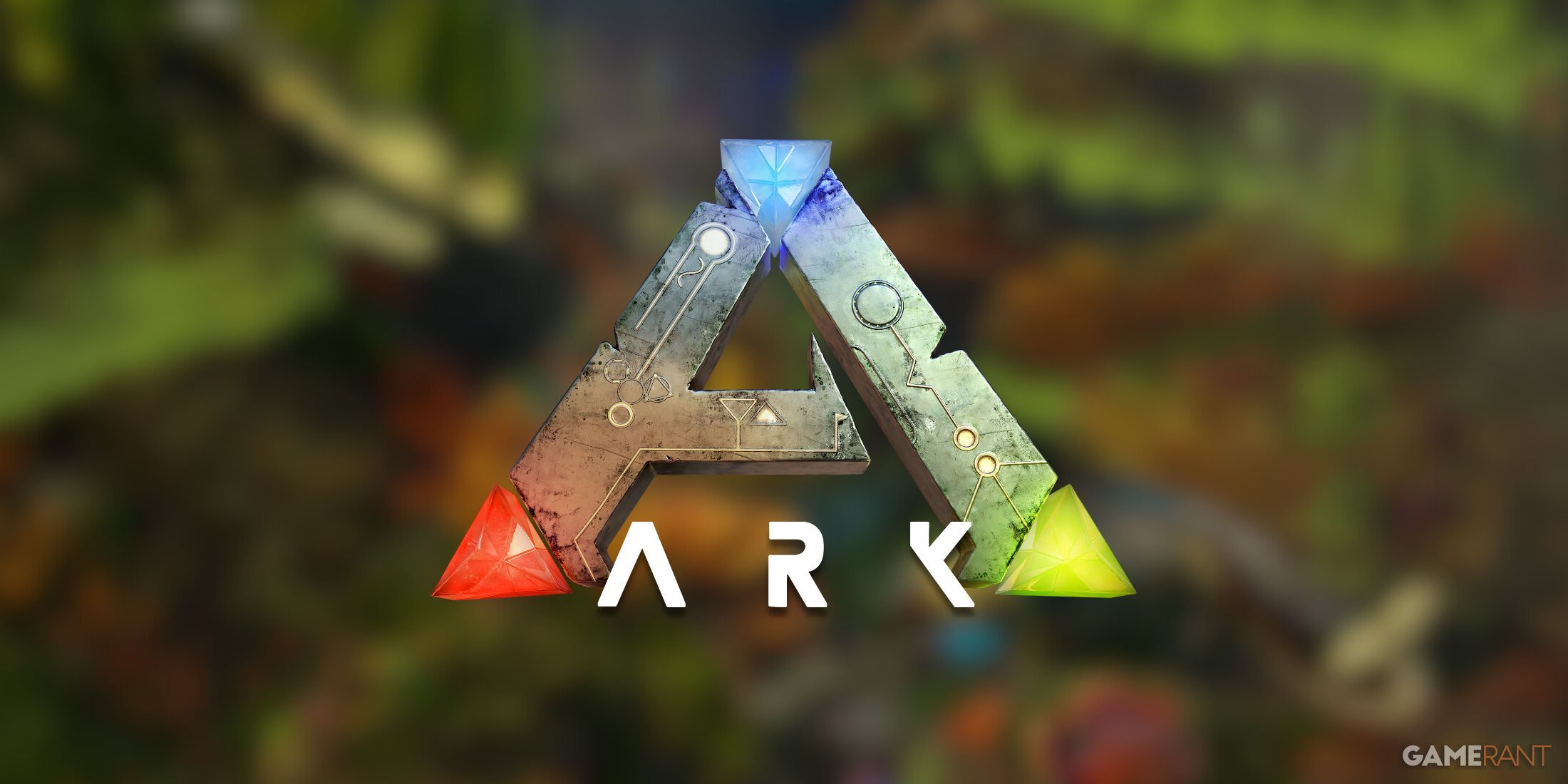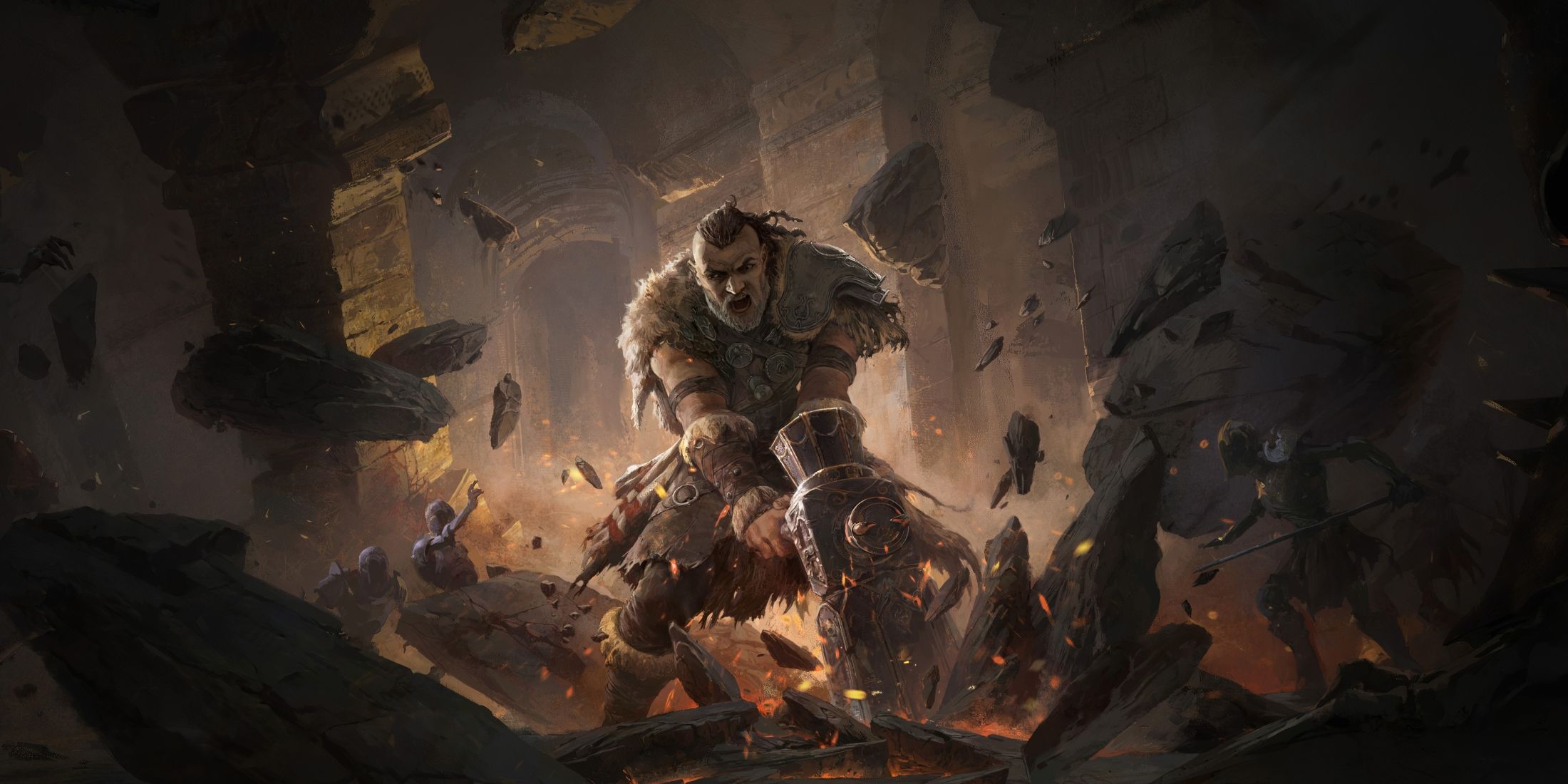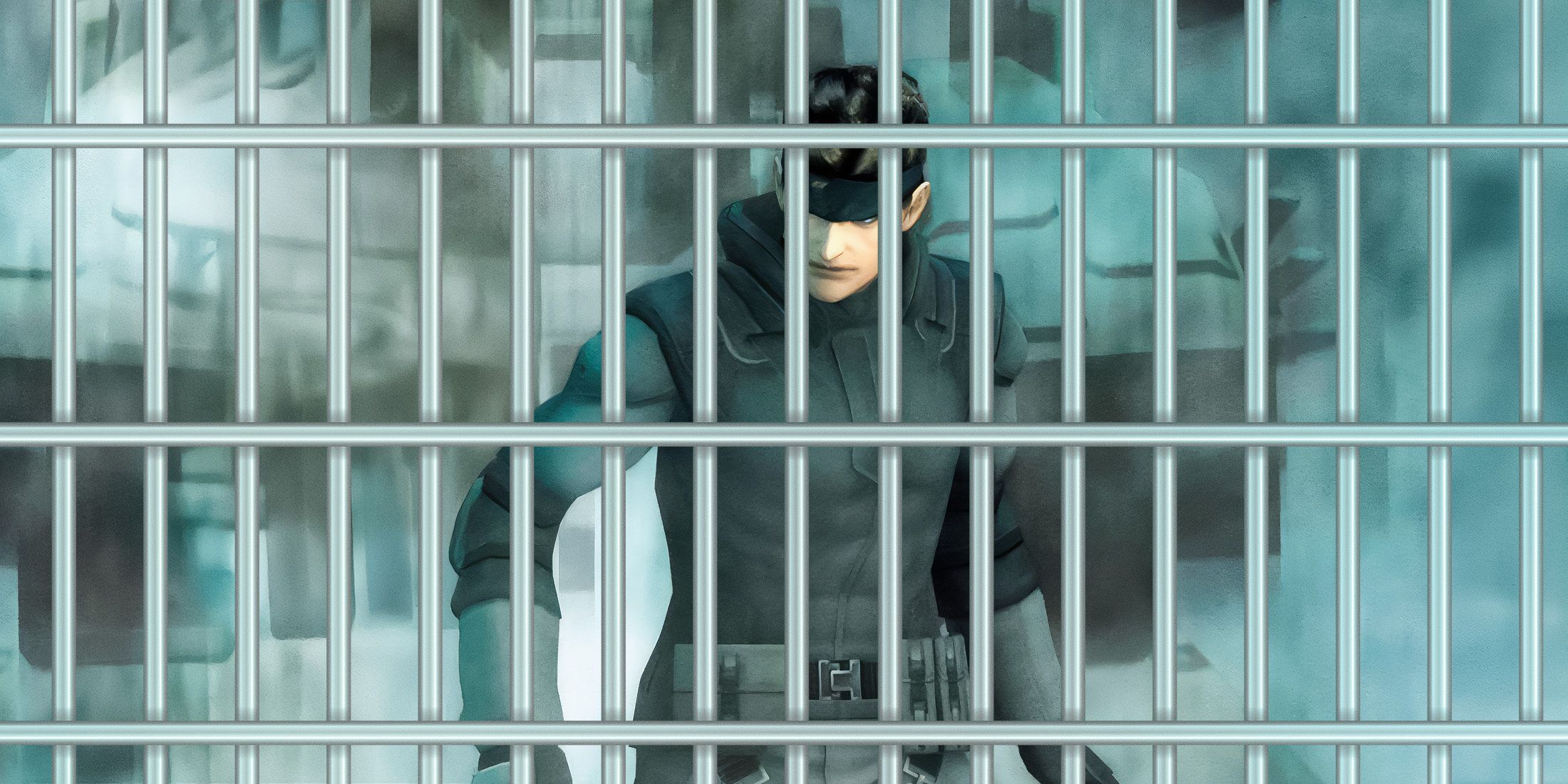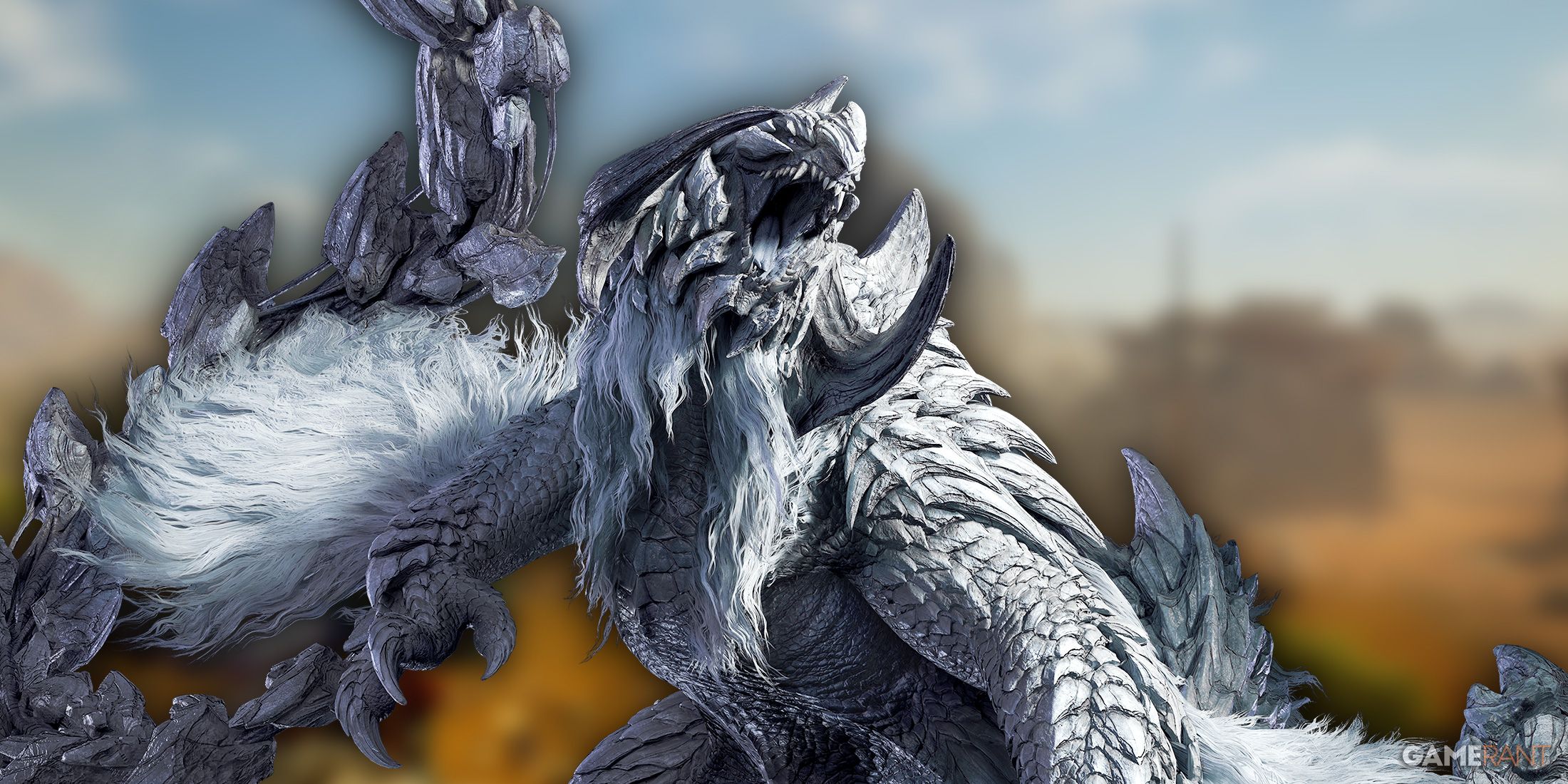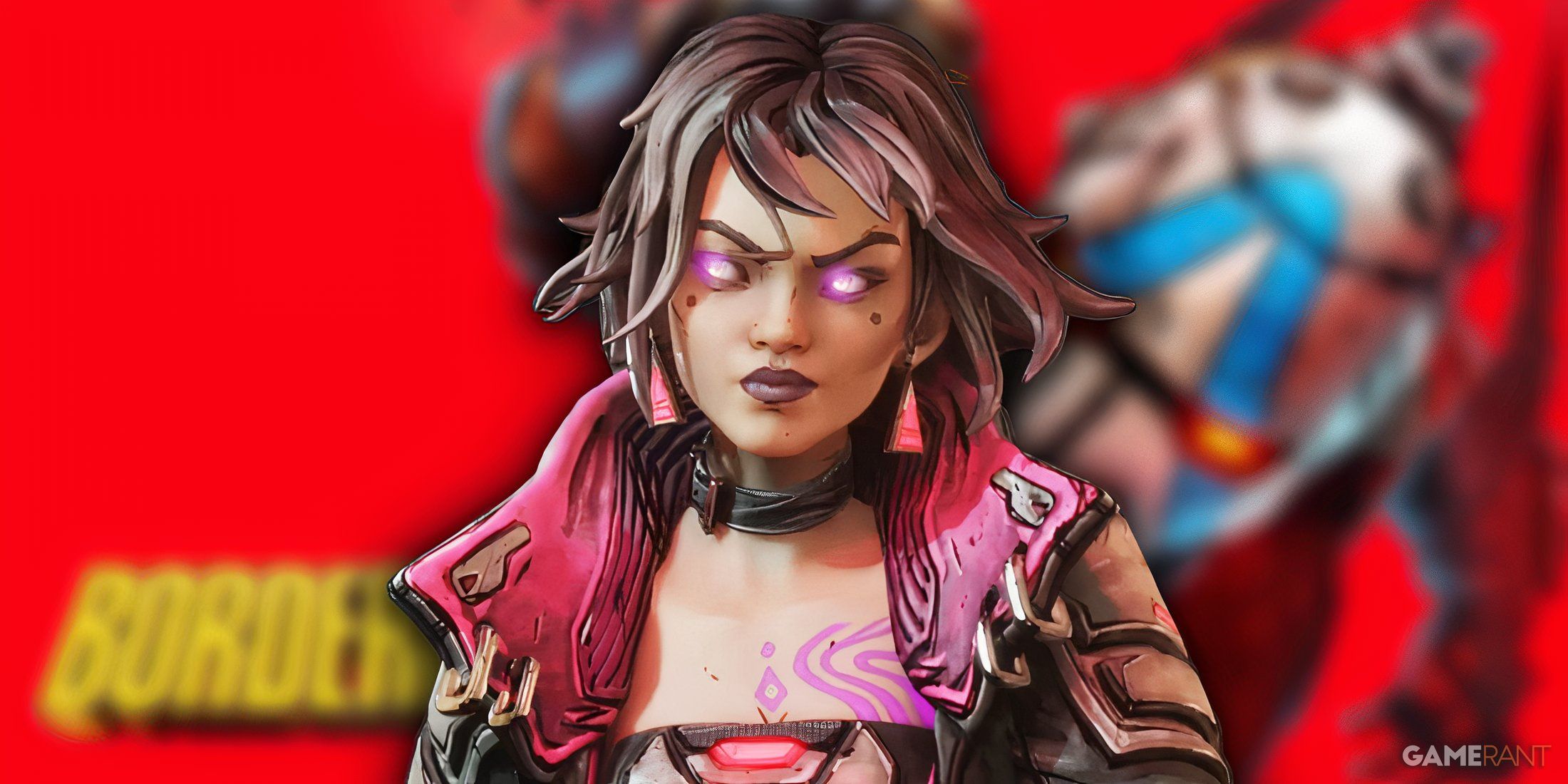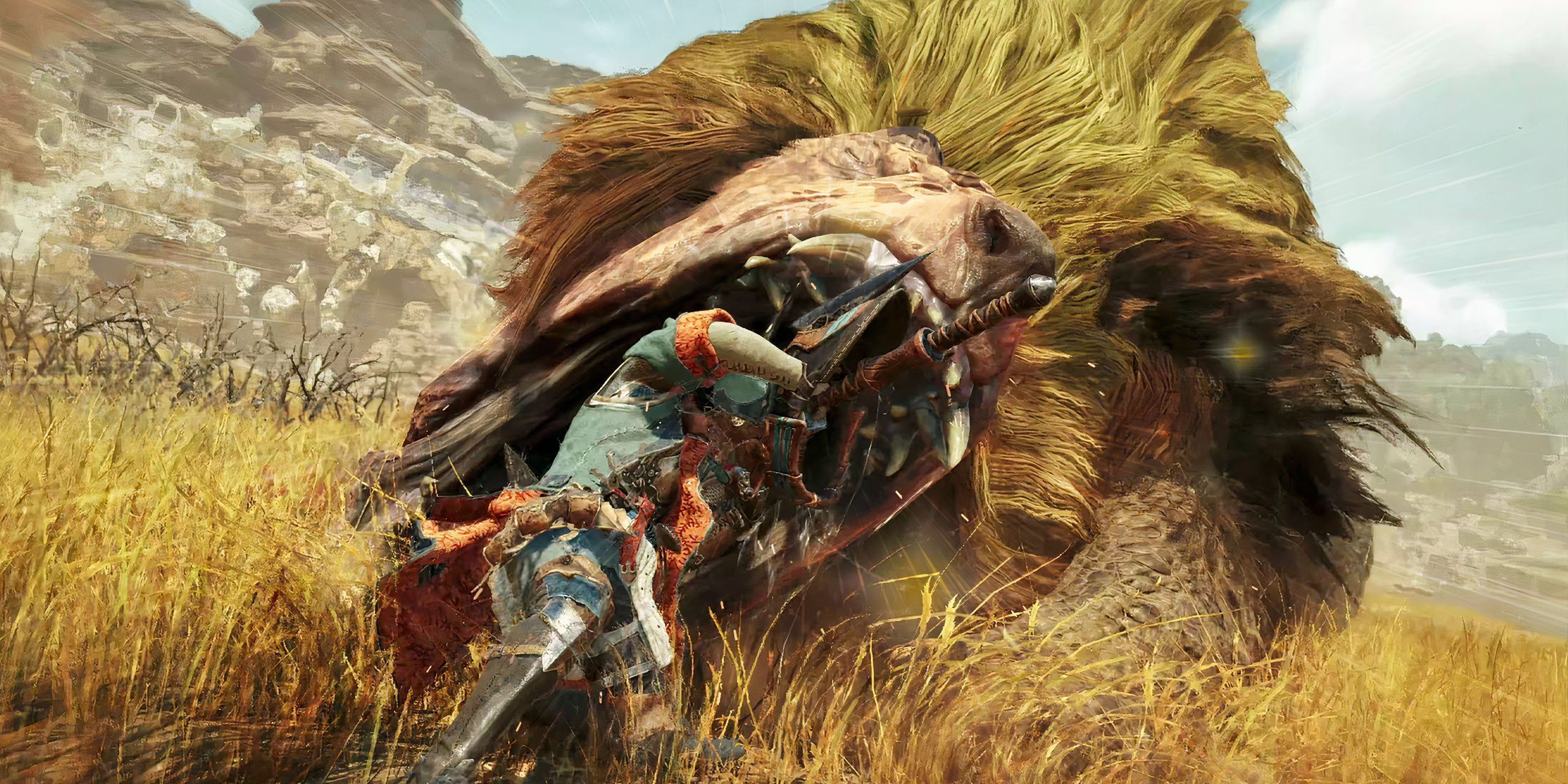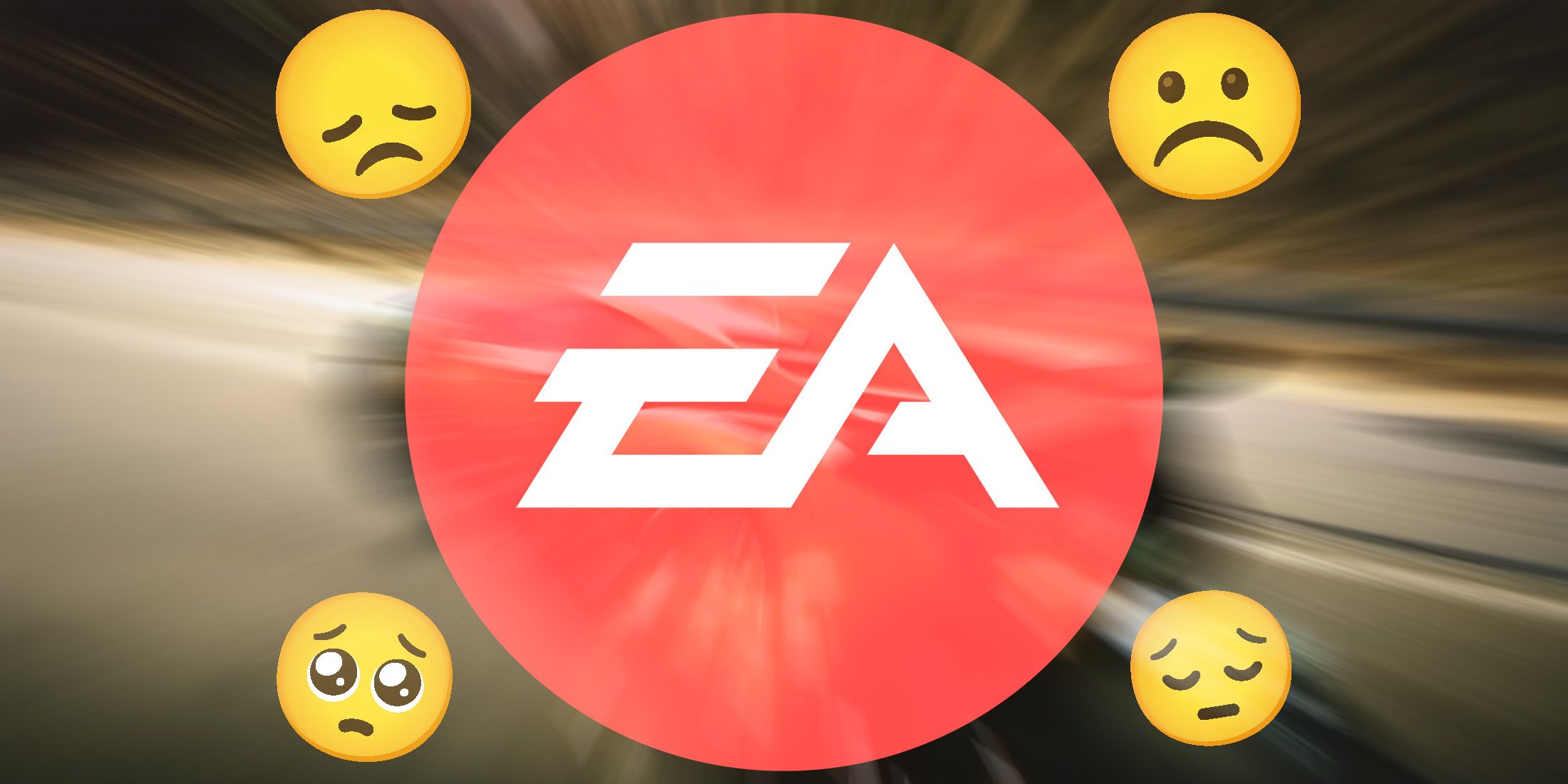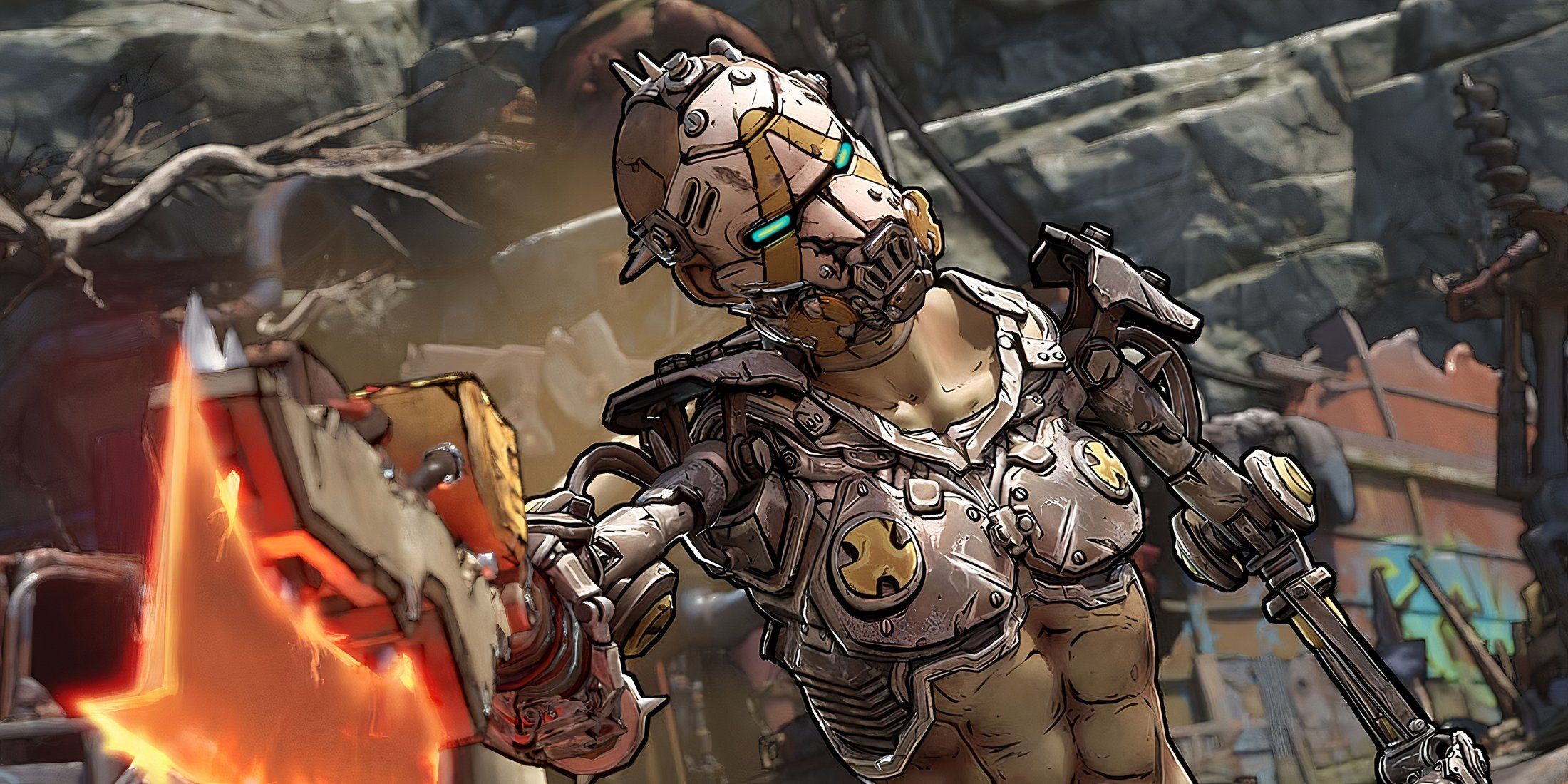
Before she started writing video games, Emma Kidwell loved Twilight fan fiction. Her “bad, self-insert” stories found a home on DeviantArt, an online community where people posted fan art, original work, and so much more. “The low barrier of entry made it very accessible,” Kidwell says.
Her writing turned into role-playing in forums, and Twilight fandom gave way to a love of video games like Mass Effect. Today, Kidwell is a writer for Firaxis Games and a rising star in the world of game narrative. Her work includes Hindsight, Borderlands 4, Life Is Strange 2, and Sid Meier’s Civilization VII; she has been featured in Forbes 30 Under 30 and the Game Awards’ Future Class of 2023.
This week, she’s hosting the annual Independent Games Festival awards during the Game Developers Conference in San Francisco. All of that is happening alongside her talk about how writing in fandoms as a kid helped her write DLC for Marvel's Midnight Suns.
Writing fan fiction, it turns out, isn’t so different from writing licensed characters. “I’m role-playing when I'm writing Marvel IP for Firaxis,” Kidwell says. “Fan fiction gave me that foundation to build off of.”
Fan fiction has often been considered a lower form of writing, as either self indulgent or outrageously erotic, the sort of work one does in secret. In the internet culture pantheon, few fanfic writers have ever achieved fame, and those that have sometimes do so for the salacious nature of their work. “My Immortal,” an infamous Harry Potter fanfic, is still referenced in interviews today. Writers such as E.L. James, who created the Fifty Shades series (originally a Twilight fanfic), however, have begun to turn their work into something profitable.
Others, like Kidwell, have turned it into a runway for their careers. “I think because of fan fiction’s relationship to marginalized communities, it wasn't initially seen as being a valid form of writing,” Kidwell says. Clearly, that’s wrong. The gaming and fanfic communities make for a harmonious marriage. The story-driven nature of most games means plenty of fodder for fans craving new narratives, but writers on well-known sites like Archive of Our Own can—and will—turn anything into an original story. Even Tetris.

